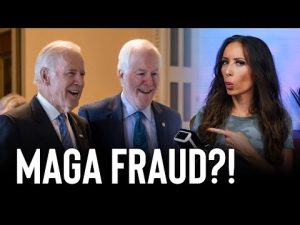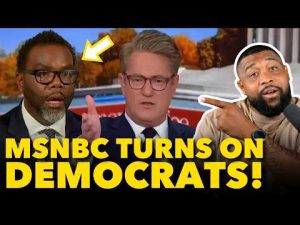In a rather theatrical turn of events that one might think was lifted from a satirical novel, a 57-year-old comedian found himself apprehended at Heathrow Airport by five armed officers. Allegedly, his crime revolved around making jokes online about transgender issues. This airport drama escalated as he was whisked away to a police station and later to a hospital due to stress that supposedly “nearly killed him.” It’s like they mistook him for a high-profile international fugitive rather than a jokester making off-color remarks.
The crux of the matter is a series of social media posts, including one humorous suggestion to confront biologically male individuals in women’s spaces. British authorities claimed these posts incited violence. Is this the new normal for the cradle of free speech, where jest turns into arrest? The bizarre spectacle raises serious questions about the current trajectory of free speech rights in the United Kingdom.
Prominent voices, like Piers Morgan, have not held back in their criticism, comparing Britain’s approach to provocative speech to that of a heavily censored regime. While perhaps a tad hyperbolic, the message is clear: the arrest was overkill. With Social media companies shaping policies to cater to restrictive speech laws, concerns arise about a creeping censorship on both sides of the Atlantic.
Was the reaction justified? The police mobilized more officers than there were contentious tweets. Such a heavy-handed approach is bewildering. If the UK wishes to combat extremism, perhaps using resources to counter actual threats might be more constructive than overzealously policing online comedy.
Why has defending free speech—a leftist rite of passage in the 1960s—become a conservative rallying cry today? It seems we are in an era where the once-expected clash of ideas on public forums now meets the cold, censorious glare of government intervention. With this case expected to play out in Westminster court, it will be telling to see if Britain continues down this path or if common sense will prevail. Either way, the comedian’s saga is a bizarre testament to how tangled and tense the interplay between speech and society has become.







